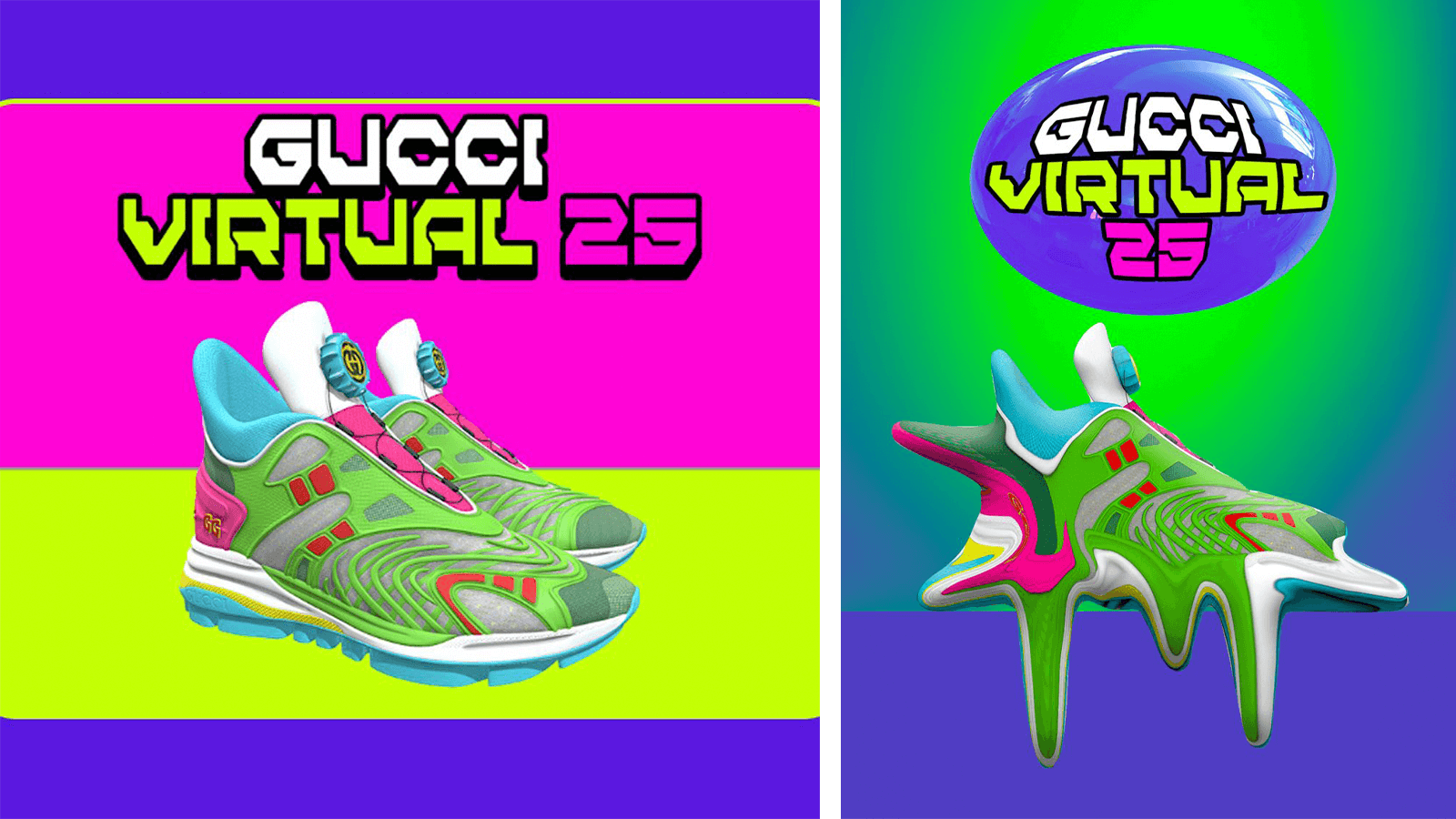As a luxury brand, are you aware of Gucci’s strategic moves towards building its legacy in the metaverse? Yes, you’ve heard it right. Gucci is on its way to establishing itself as a digital luxury brand in the new virtual world. And why not, the advantages of having a strong presence in the metaverse are something brands like yours cannot afford to miss.
Most consumers will soon shift to the metaverse lifestyle where they hang out, chat, and shop in virtual stores. As the metaverse is in its developmental stage, many brands are preparing themselves for this revolutionary transformation by marketing in the virtual spaces.
Virtual Spaces are 3D spaces where you can promote your brand through 3D models of your products. These 3D spaces can be modified to match your physical store decor or your imagination as well. Highly customizable, these spaces are the first step toward moving into metaverse marketing.
For instance, the leading brand, LG has displayed its products in various locations in 3D virtual spaces, and other results are as follows:
- Rise of 9000+ followers in just 4 months.
- The 3D content outperformed other types of content by 80%.
- Organic exposure of the brand improved by 45%.
The campaign was one-time and the results were tremendous and extended its influence for most of the time following its launch. This campaign stands as strong proof of the advantages of creating your own branded virtual spaces. And as a matter of fact, Gucci has already begun to take action.
Want to know more about branding in Virtual Spaces? Download our FREE 3D spaces guide now!
Gucci, one of the most iconic luxury brands of all time, is now on a mission of reinventing itself in the 21st century. Although digital transformation in the luxury realm started a few years ago, the pandemic has propelled it by many folds. Currently, luxury brands alongside Gucci are exploring new ways to maintain their century-long legacies in the digital era.
In the blog, explore more about Gucci and its digital branding initiatives:
Beginnings of Gucci
Guccio Gucci founded the Italian fashion house in 1921 in Florence, Tuscany. It started with leather luggage goods and later expanded to ready-to-wear, footwear, accessories, makeup, and home decoration. Today, it operates 483 stores across the globe with a revenue of 7.44 billion euros in 2020.
Like other luxury brands, Gucci promoted itself through physical stores and initially avoided being on social media and digital spaces. This began to change due to the rapid advancements in technology paired with the inevitable digitization of commerce. The pandemic further pushed the Italian brand to move into the digital and 3D realm.
What Drives the Digital Transformation of Gucci?
Digital Customers
Gucci is dipping its toes into digital media and 3D culture because of its next generation of consumers: Gen Z. This new consumer domain, known for its digital native status, is the next rising luxury consumer. They are set to account for 40% of the personal luxury goods market by 2025. Critical to luxury market growth, Gucci had to increase its presence in the world of 3D.
Social Influence
Social media plays an essential role in influencing the buying decisions of target audiences. It also helps high-end brands to analyze and understand the preferences and the buying patterns of digital natives. Social media platforms like Instagram, Snapchat, and Twitter have evolved into crucial customer touch-points and become the primary mode for brands to interact with their audience. In other words, they serve as strong online word-of-mouth.
If you’re looking to enter Virtual space, download our expert-curated FREE virtual spaces Guide!

Wider Reach
Digitization accomplishes the main objective of any luxury brand — to reach as many consumers as possible. Moreover, through 3D efforts, Gucci can spread its legacy to every corner and turn them into loyal customers.
Metaverse Craze
To no one’s surprise, millennials and Gen Z are driving the new era on the internet, including the current race for the metaverse. The metaverse is a virtual universe where users can shop, play, move around, and ultimately, mirror real life.
The craze for the metaverse has given rise to numerous opportunities for luxury brands like Gucci to venture into. As everything is virtual in the metaverses, Gucci is digitizing itself to capitalize on the new trend.
Urgency for Sustainability
Sustainability is also driving Gucci to move into the virtual world. As the most polluting industry, luxury brands have a greater responsibility to implement sustainable measures. Without comprising their products and operations, Gucci is slowly yet strategically taking steps to digitize itself, supporting green living. One of the brand’s sustainability initiatives, known as Gucci Equilibrium, vows to reduce its environmental impact.
Gucci’s Ventures into the world of 3D
Virtual Sneakers
This year, Gucci announced its gradual plan to venture into the 3D world through its first-ever virtual sneakers. Gucci’s Virtual 25 sneakers are slime green, bubble-gum pink, and sky blue shoes and can only be worn virtually. Users can try on the sneakers and wear them in other virtual worlds, like VR Chat and Roblox.
The Gucci Garden is one of the biggest digital step taken by the Italian luxury brand, this year.
Match your digital strategies with that of Gucci, by downloading our FREE metaverse guide below!
Gucci Garden
To celebrate its 100th anniversary, Gucci took up the VR trend. Together with the online game Roblox, it unveiled the online version of the Gucci Garden. It is a virtual museum where visitors can immerse themselves in Gucci’s Creative Director’s vision and inspiration. It also hosts a store in the virtual space for consumers to buy exclusive and limited-edition 3D avatar items.
Virtual Handbag
The sale of Gucci’s Dionysus Bag with Bee evaporated any doubts regarding the fashion house’s future in the metaverse. Initially priced at just $6, it was sold for $4115 on the gaming site Roblox on May 17th. As a result, this astonishing sale hinted at the ever-growing importance of 3D accessories and digital worlds in the luxury sector.
Gucci Grail NFTs
The Virtual Era in the Italian Luxury House
Gucci has enjoyed immense adoration and loyalty from its consumers for decades. Without the need for exceptional marketing or promotions, it has cemented itself as a grandeur brand. However, Gucci is now on its way to digital transformation. Although complementary to the luxury brand’s core nature, the Italian house’s digitization efforts are winning the hearts of many.

